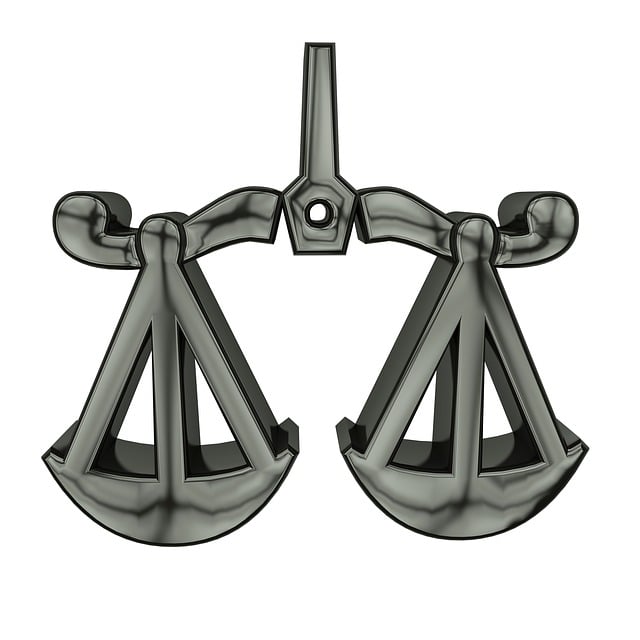In the RF Securities Industry, defending against financial regulation violations is crucial for maintaining market integrity. Firms must implement robust internal controls, comprehensive employee training, and ethical practices to navigate complex legal landscape. Strong documentation and transparent procedures are key to successful advocacy, reducing penalties and legal repercussions. Proactive measures, risk management, and strategic defenses by specialized law firms safeguard organizations from violations and protect financial markets' fairness.
“Navigating the complex landscape of RF Securities Industry Regulation is crucial for all market participants. This article delves into the intricacies of these regulations, providing a comprehensive guide to understanding and adhering to industry standards. We explore common financial regulation violations, highlighting potential pitfalls and their legal repercussions. Additionally, we offer practical strategies for compliance and risk mitigation, empowering investors and firms to defend against the adverse effects of non-compliance. In today’s digital era, ensuring robust adherence to these regulations is a game-changer for maintaining market integrity.”
- Understanding RF Securities Industry Regulations
- Common Financial Regulation Violations
- Defending Against Legal Consequences
- Strategies for Compliance & Risk Mitigation
Understanding RF Securities Industry Regulations
The RF Securities Industry is heavily regulated to defend against financial regulation violations, ensuring market integrity and investor protection. These regulations aim to establish clear guidelines for businesses, set standards for conduct, and deter any potential misconduct. Compliance with such rules is paramount for firms operating in this sector to maintain their reputation and avoid severe penalties. By understanding the intricate web of laws and policies, companies can effectively navigate the industry’s legal landscape.
Navigating these regulations requires a proactive approach. Firms must implement robust internal controls, conduct thorough training for employees, and foster a culture of ethical practices. In cases of alleged violations, having comprehensive documentation and transparent procedures can significantly aid in winning challenging defense verdicts. Moreover, recognizing the complexities of white-collar and economic crimes, successful advocacy often leads to achieving extraordinary results, demonstrating the industry’s commitment to upholding regulatory standards.
Common Financial Regulation Violations
In the RF Securities Industry, defending against financial regulation violations is a critical aspect of maintaining market integrity and trust. Common violations include insider trading, fraud, and failures to comply with disclosure requirements. These breaches can have severe consequences for both corporations and individuals, leading to significant fines, legal penalties, and reputational damage. An unprecedented track record of success in defending against such charges underscores the importance of robust internal controls and compliance strategies.
A comprehensive general criminal defense strategy is essential for corporate and individual clients alike. This involves meticulous documentation, transparency, and adherence to regulatory frameworks. By proactively addressing potential violations and implementing effective risk management practices, entities can significantly reduce their exposure to legal issues. Such measures not only protect against financial losses but also foster a culture of ethical conduct within the organization.
Defending Against Legal Consequences
In the highly regulated RF Securities Industry, defending against legal consequences for financial regulation violations is paramount for any firm or individual. The consequences of non-compliance can be severe, including substantial fines, license revocations, and even jail time. As such, proactive measures are essential to mitigate these risks. Law firms specializing in securities law play a crucial role in guiding clients through complex regulatory landscapes, ensuring adherence to rules, and preparing robust defenses should any violations occur. These experts help navigate the intricate web of regulations, including those related to insider trading, money laundering, and fraud, thereby safeguarding their clients’ interests.
For his clients facing charges, these legal professionals often employ strategic approaches, such as negotiating with regulatory bodies, presenting compelling arguments in administrative proceedings, or even resorting to jury trials when appropriate. Their goal is to protect the rights of individuals and entities accused of white-collar and economic crimes, ensuring fair treatment while upholding the integrity of the financial markets. This includes meticulous documentation, thorough investigations, and timely interventions to defend against allegations, ultimately striving for favorable outcomes.
Strategies for Compliance & Risk Mitigation
In today’s highly regulated financial landscape, the RF Securities Industry faces stringent compliance standards to defend against potential violations. Effective strategies for mitigating risk and ensuring adherence are paramount for achieving extraordinary results in navigating complex regulatory environments. Firms must prioritize proactive measures, such as implementing robust internal controls, conducting thorough employee training on regulatory requirements, and fostering a culture of ethical conduct.
By adopting these practices, securities firms can proactively defend against financial regulation violations at all stages of the investigative and enforcement process. This includes meticulous record-keeping, transparent communication with regulators, and establishing clear protocols for responding to inquiries or potential allegations. A comprehensive compliance program that incorporates these strategies not only reduces the likelihood of infractions but also enhances the firm’s reputation and increases the likelihood of a complete dismissal of all charges if any regulatory issues arise.
In navigating the intricate landscape of RF securities industry regulation, understanding common financial regulation violations is key. By recognizing these risks, firms can implement robust strategies for compliance and risk mitigation. Moreover, proactive measures to defend against legal consequences ensure sustained success in this dynamic environment. Ultimately, staying ahead of regulatory changes and adopting best practices are essential for maintaining integrity and trust within the securities industry. As such, embracing comprehensive guidance on Defending Against Financial Regulation Violations is a game-changer for any forward-thinking organization.






